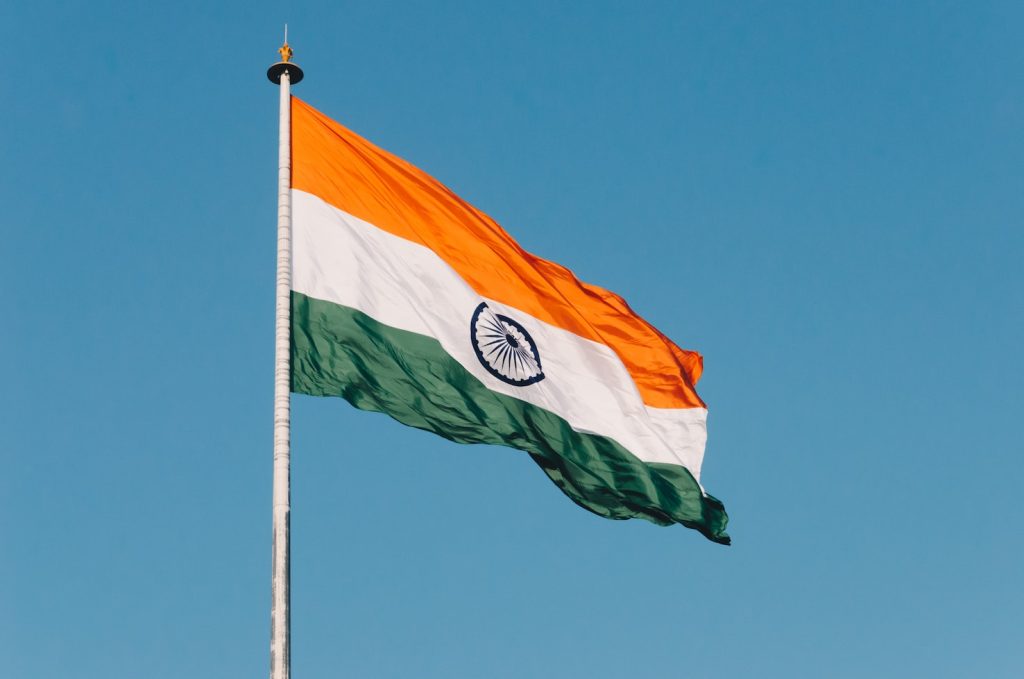India is set to launch a groundbreaking initiative, the Khavda Renewable Energy Park, near its border with Pakistan. The project, slated to be the world’s largest renewable energy endeavor, is poised to harness the power of solar and wind resources to generate electricity. This ambitious undertaking, located in the Rann of Kutch in Gujarat, aims to shift India towards cleaner energy sources and reduce its dependence on carbon fuels.
When completed, the Khavda Renewable Energy Park will span an impressive 726 square kilometers, making it comparable in size to Singapore. The estimated cost of this colossal venture is approximately $2.26 billion, according to the Indian government. The scale of the project is such that it is expected to be visible from space.
During a recent visit by reporters from The Associated Press, the site was abuzz with thousands of workers engaged in various construction activities. Pillars were being installed to support solar panels, creating a striking visual with pillars stretching into the distant horizon. Simultaneously, groundwork was underway to accommodate large wind turbines, a key component of the renewable energy park.
Despite facing adversities such as unseasonal heavy rains, muddy conditions, and the extreme environment of the Rann, the workforce of around 4,000 laborers and 500 engineers has been dedicatedly working on the project for the past year. The challenging site conditions, including high winds and earthquake activity, have made the Khavda Renewable Energy Park one of the most difficult projects for KSRK Verma, the project leader for Adani Green Energy Limited, who brings 35 years of experience to the endeavor.
Once operational, the Khavda Renewable Energy Park is expected to generate an impressive 30 gigawatts of renewable energy annually. This substantial output is anticipated to power nearly 18 million Indian homes, marking a significant step towards achieving environmental sustainability goals. Currently, India relies heavily on carbon fuels, with coal contributing to about 70 percent of the nation’s electricity. Despite its status as the third-largest emitter of planet-warming gases globally, behind China and the United States, India’s commitment to expanding renewable energy sources reflects a determined effort to address climate concerns.
Against the backdrop of the COP28 climate conference in Dubai, where leaders emphasize the imperative of expanding renewable energy globally, the Khavda Renewable Energy Park stands as a testament to India’s dedication to fostering a greener future. Environmental activists emphasize the need for substantial reductions in non-sustainable, planet-warming energy sources like coal, oil, and natural gas, reinforcing the significance of initiatives like the Khavda project in the global push for sustainable energy solutions.

